
Kirsten Lawson summarises a new ‘state of the art review’ in the BMJ which focuses on novel and emerging pharmacotherapy and neuromodulation for people with ‘treatment resistant depression’.
[read the full story...]
Kirsten Lawson summarises a new ‘state of the art review’ in the BMJ which focuses on novel and emerging pharmacotherapy and neuromodulation for people with ‘treatment resistant depression’.
[read the full story...]
Sarah McDonald writes a new blog to accompany the #LEDC19 conference, which explores established and emerging interventions for the treatment of anorexia nervosa in adults and children.
[read the full story...]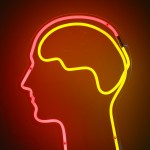
Eleanor Kennedy summarises a recent Cochrane systematic review, which finds no evidence to support the use of non-pharmacological interventions for depression in traumatic brain injury.
[read the full story...]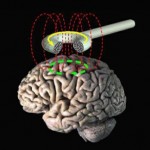
Joanne Wallace considers the findings of a new Cochrane systematic review on Transcranial Magnetic Stimulation (TMS) for schizophrenia.
[read the full story...]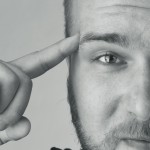
Today’s blog is reposted from the excellent Conversation UK website. It’s written by Kerrie-Anne Ho and Colleen Loo from the University of New South Wales in Australia. They provide an overview of recent research looking at the efficacy and safety of transcranial direct current stimulation for depression.
[read the full story...]
Obsessive compulsive disorder (OCD) is a condition that has recently been given a significant amount of TV airplay and media coverage, perhaps most notably in the Channel 4 documentary Jon Richardson: A little bit OCD, which received mostly good reviews from mental health groups. Despite this reasonable public profile, our knowledge about the best way [read the full story…]
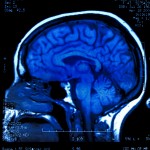
It’s a well-known fact that elves are allergic to unhappiness, so the fact that there are at least 350 million sufferers of depression worldwide1 is quite a problem. That’s before we’ve even mentioned the crippling mortality, morbidity and economic impact that depression causes. The trouble is, our treatments for depression aren’t perfect. Less than a [read the full story…]
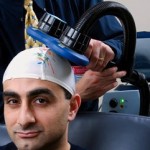
Transcranial Magnetic Stimulation (TMS) is a treatment where magnetic coils are placed above the scalp and used to generate magnetic fields, which create short-lasting electrical currents in the brain below the stimulation site. TMS is used to treat a number of health conditions including depression. This meta-analysis conducted by researchers at Oxford University presents an [read the full story…]